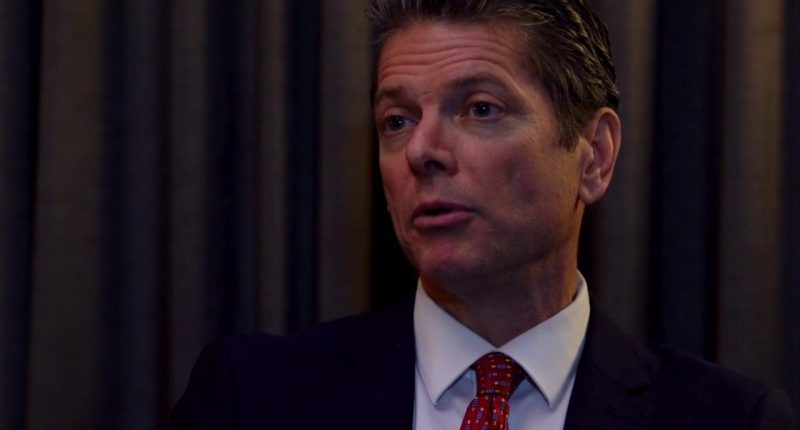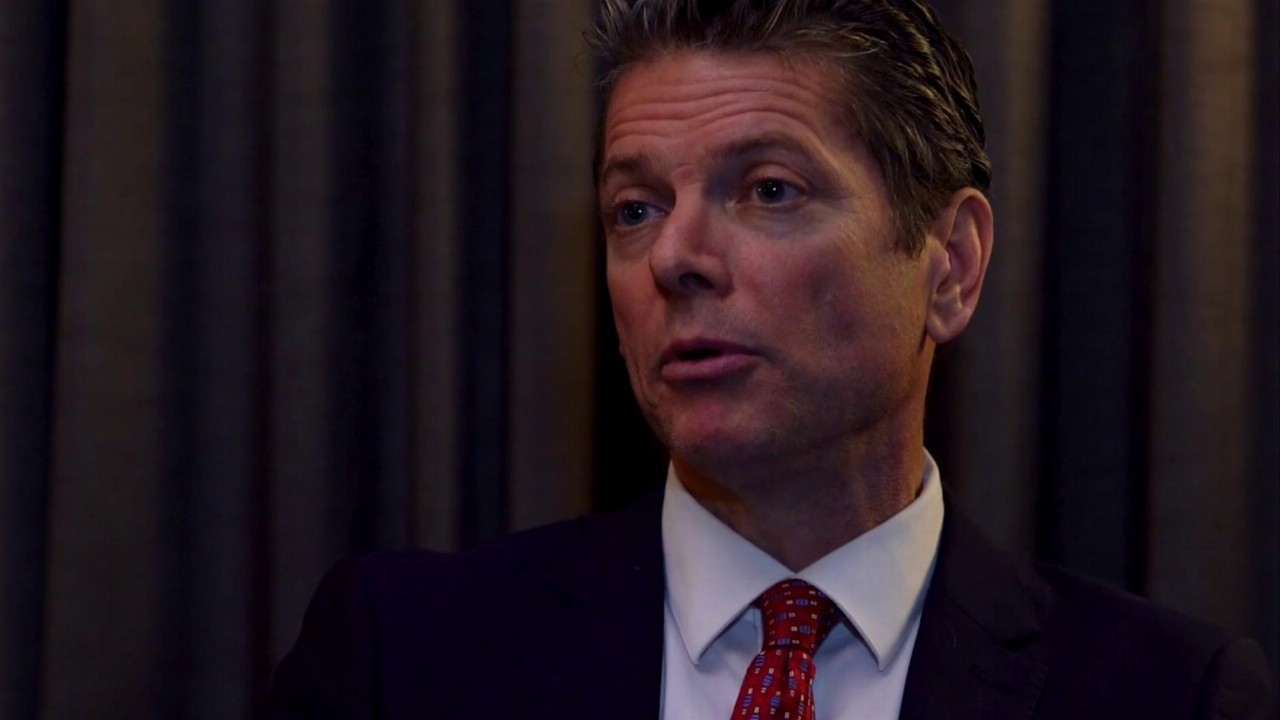- Renascor Resources (RNU) has confirmed its Siviour purified spherical graphite (PSG) is suitable for use in silicon-composite anodes
- Anode developer, Sicona Battery Technologies, conducted a trial to assess the performance of silicon-composite anodes produced with Siviour PSG
- As the demand for electric vehicles continues to rise, there’s a growing need for lithium-ion battery materials such as PSG
- It’s been shown that silicon-enhanced graphite can increase a battery’s energy storage capacity, however, tests are being conducted to overcome some design challenges
- Renascor and Sicona will now conduct more tests to further validate the use of Siviour PSG in Sicona’s silicon-enhanced anode ahead of a commercial trial
- Renascor is trading flat at 1.2 cents
Renascor Resources (RNU) has received results from preliminary half-cell trials using purified spherical graphite (PSG) from its Siviour Project in South Australia.
The silicon-enhanced anode test work was conducted by silicon-composite anode developer, Sicona Battery Technologies, at the University of Wollongong’s Australian Institute for Innovative Materials (AIIM).
The trial aimed to assess the performance of silicon-composite anodes produced with Siviour PSG. Specifically, the companies are assessing the amount of charge a battery delivers during its initial use.
Pleasingly, the tests confirmed Renascor’s PSG product returned significantly higher discharge capacity, of up to 81 per cent higher, than graphite-only anodes.
“Renascor is delighted to expand the suitability of our graphite from applications in conventional electric vehicle battery anodes into the exciting emerging silicon
composite technology, which is becoming an increasingly important field in lithium-ion battery development,” Managing Director David Christensen said.
As the demand for electric vehicles continues to rise, there’s a growing need for lithium-ion battery materials such as PSG.
Renascor plans to produce PSG from a vertically-integrated operation that combines its Siviour battery anode material project with a processing operation.
Graphite is the main battery anode material for lithium-ion batteries, however a range of technologies are being developed to enhance the graphite anode’s performance by adding silicon.
Silicon has the potential to improve anode performance because it has a greater capacity to host lithium ions than the carbon atoms in graphite. It takes six carbon atoms to store one lithium ion, whereas only one silicon atom is needed to host four lithium ions. Therefore, silicon offers the potential to improve energy density and increase a battery’s energy storage capacity.
Despite these advantages, enhancing graphite with silicon poses some design challenges, as silicon is inclined to expand and contract during each charging and discharging cycle.
The extra lithium ions that can be stored causes silicon to swell and then shrink, which can increase the likelihood of batteries to fail. As a result, anode companies — like Sicona — are researching ways to control swelling by adding specific amounts of silicon into graphite anodes to overcome expansion issues.
Renascor and Sicona will move to conduct more coil cell tests to validate the viability of using Siviour PSG in Sicona’s silicon-enhanced anodes. This will be followed by a commercial trial at Sicona’s planned pilot production plant in Wollongong.
Renascor is trading flat at 1.2 cents at 1:36 pm AEDT.








